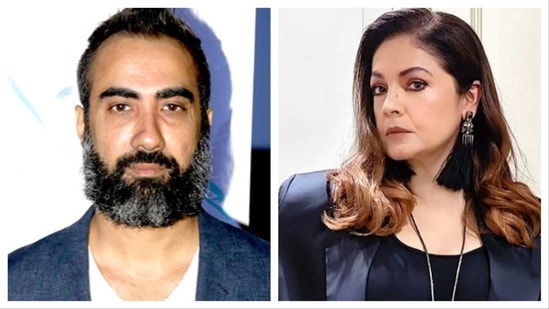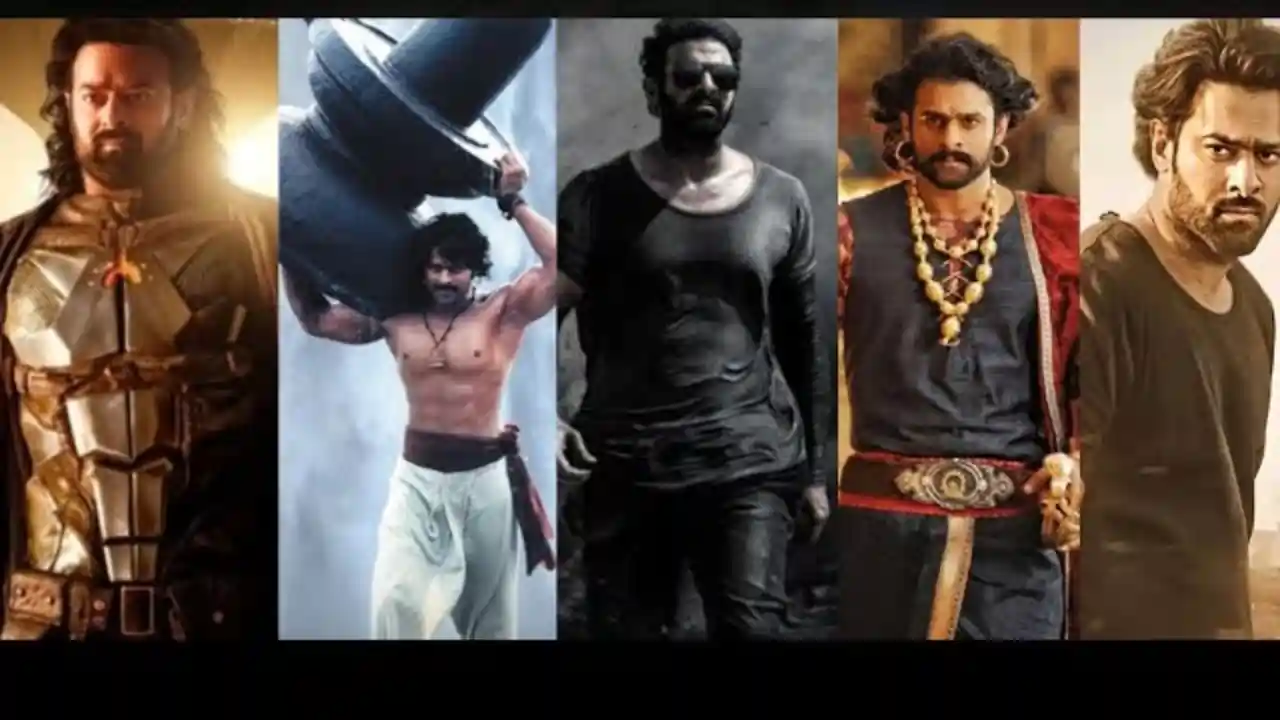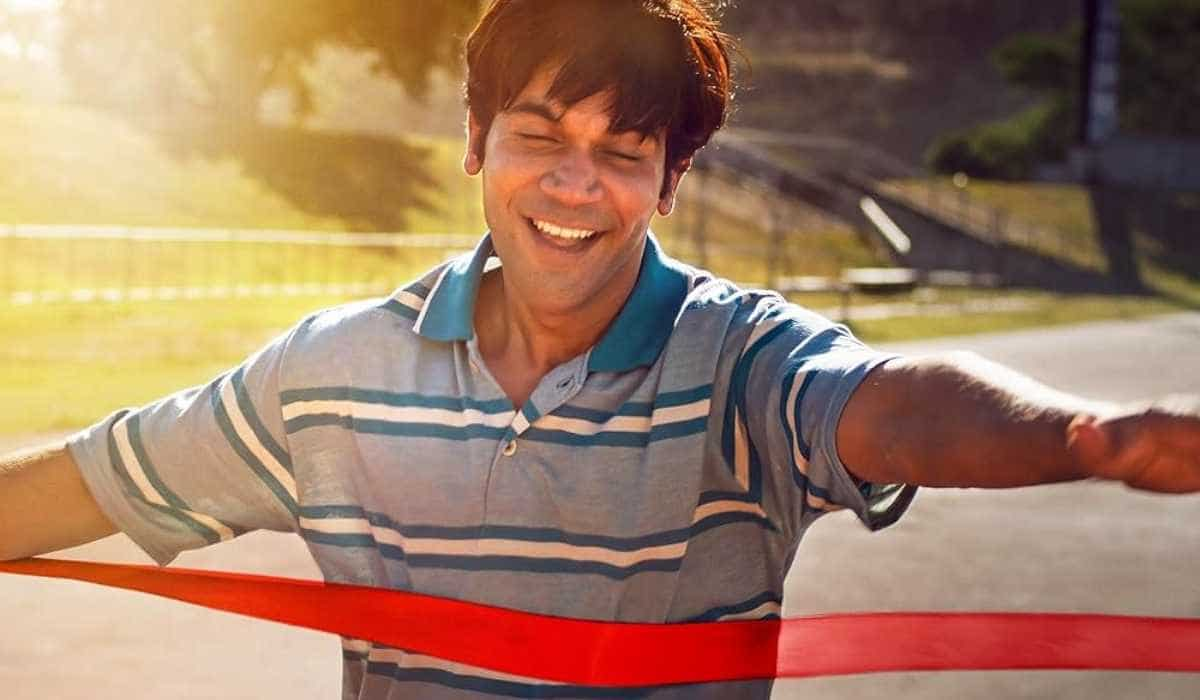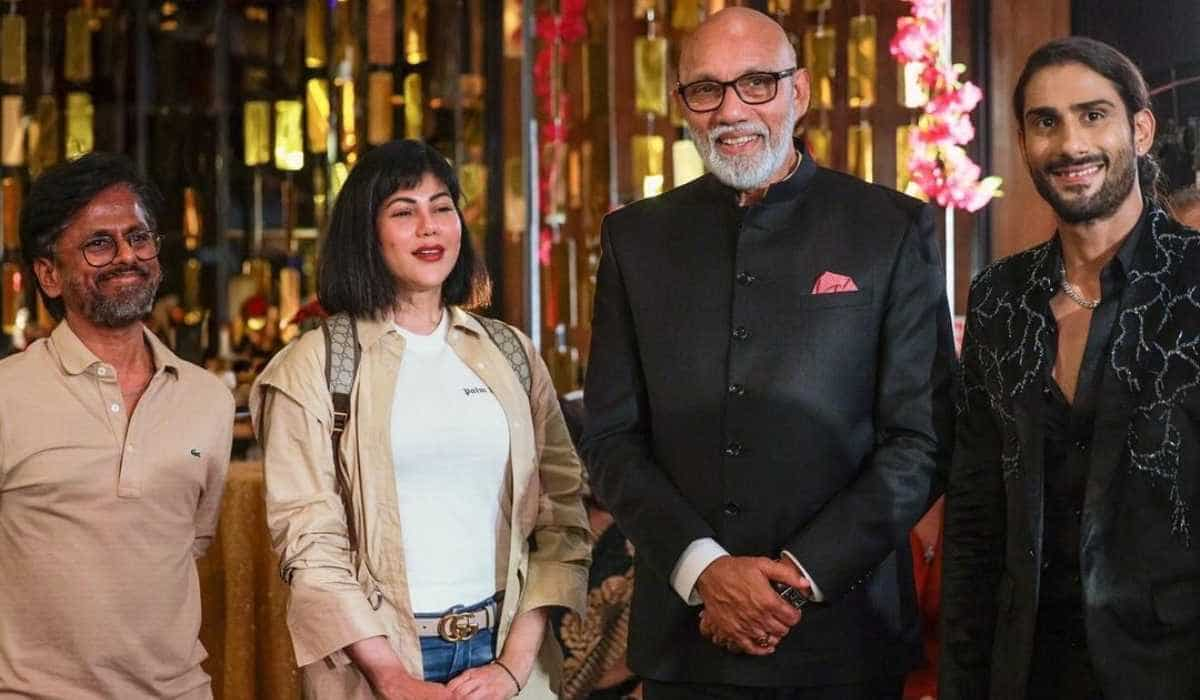
Documentaries dominate 77th Cannes Film Festival
1 month ago | 26 Views
Somewhere in the beginning of Oliver Stone's new documentary, Brazilian president Luiz Inácio Lula da Silva lifts his left palm to show the celebrated American director a scar from his poverty-stricken childhood. "I lost my little finger in a press when I was 17," says Lula, as the most popular political figure in South America is called, narrating the tough early years of his life when he was forced to work as a teenager to support his family.
Lula, the 90-minute documentary Stone filmed last year following the Brazilian leader's hard-fought victory against the polarising incumbent Jair Bolsanaro, paints an intimate portrait of a president who came from the bottom of the society.
Premiered at the 77th Cannes Film Festival, which concluded on May 25, Lula is one of the several films in the official selection this year that marked the triumphant return of the documentary genre.
Lula was joined by Nasty: More Than Just Tennis on the spectacular career of Romanian tennis legend Ilie Nastase, considered the first rock star of the sport, An Unfinished Film, which revealed poignant scenes from the start of the coronavirus pandemic in Wuhan, China, an Ukrainian society struggling from the effects of a war with Russia in The Invasion, and Ernest Cole: Lost and Found, a disturbing reflection of the horrors of apartheid and racism.
"Rich classes hate him," Stone, the director of documentaries on Latin American leaders, Castro in Winter and Mi amigo Hugo, on former Cuban president Fidel Castro and former Venezuelan president Hugo Chavez, told a packed audience at the Agnes Varda theatre in Cannes as he walked to the stage to present Lula last week.
"I have been with a lot of leaders and I believe he is one of the unique world leaders," says Stone, who chronicles the extraordinary life of the Brazilian president with a focus on his return to power last year after spending 19 months in prison following a controversial corruption scandal.

Bad boy of tennis
Nasty, directed by Romanian filmmakers Tudor Giurgiu and Tudor D Popescu, brings Ilie Nastase's colourful career in tennis to the screen, particularly the year 1972 when he won his first US Open title and reached the final of Wimbledon.
German tennis star Boris Becker, who arrived in Cannes for the premiere of the documentary, looks back at Nastase's career along with fellow tennis greats Rafael Nadal, Billie Jean King, Jimmy Connors, Stan Smith, Bjorn Borg, Mats Wilander, John McEnroe and former Romanian player Ion Tiriac.
"Nastase was coming to the tennis world from a Communist country and people didn't know him," says McEnroe. "Americans had no idea where Romania was," adds the former World No.1, once a bad boy in tennis himself.
"He was more in control of the ball than himself," remarks Billie Jean King about Nastase, who caused a furore in tennis with his racist comments against Serena Williams and her unborn child. "Nastase made tennis what it is today," adds Borg.

Horrors of apartheid
Former Haitian culture minister Raoul Peck, an award-winning documentary maker of such films as I Am Not Your Negro on race in America and Silver Dollar Road about loss of land by African-Americans, arrived in Cannes from the violence-hit Haiti to present Ernest Cole: Lost and Found, a documentary on the life of the famous South African photographer who captured the horrors of apartheid in his country.
Born in 1940 near Pretoria, Cole photographed the morbid system of separation of Black people before escaping to America in 1966 where he continued to capture the ills of racism. "We learned the white man's language only to understand the terms of our servitude," says a comment from Cole.
In 2017, a whopping collection of 60,000 photographs of Cole was discovered in a bank vault in Sweden, all from his work in South Africa and America. "Cole was a great artist who is not remembered even in his own native country today," laments Peck, who uses the vast collection of retrieved photographs to pay tributes to the artist, who died in 1990 after becoming homeless in Harlem, New York.

Lockdown in Wuhan
An Unfinished Film by Chinese director Lou Ye shows the reunion of a film crew in January 2020 near Wuhan to complete a movie halted a decade ago, only to be hit by the coronavirus pandemic.
Scenes of lockdown shot on mobile phones revisit the pain of a punishing pandemic in the place where it all began while the film crew turns the camera on themselves to tell a different story.
Harrowing images of people running after ambulances carrying their dear ones to mortuaries fill the frames of the movie, which was part of the Special Screenings category of the Cannes festival.

The Invasion
The Invasion by Ukranian director Sergie Loznitsa begins in a church where a large gathering mourns the death of soldiers in the war against Russia. Scenes of school children rushing to bunkers after air alerts, food and water queues and weddings show the resilience of the Ukrainian people.
Shot over two years, The Invasion follows Loznitsa's epic film, Maidan, about the 2013 revolution in Ukraine that ousted president Viktor Yanukovych.
















